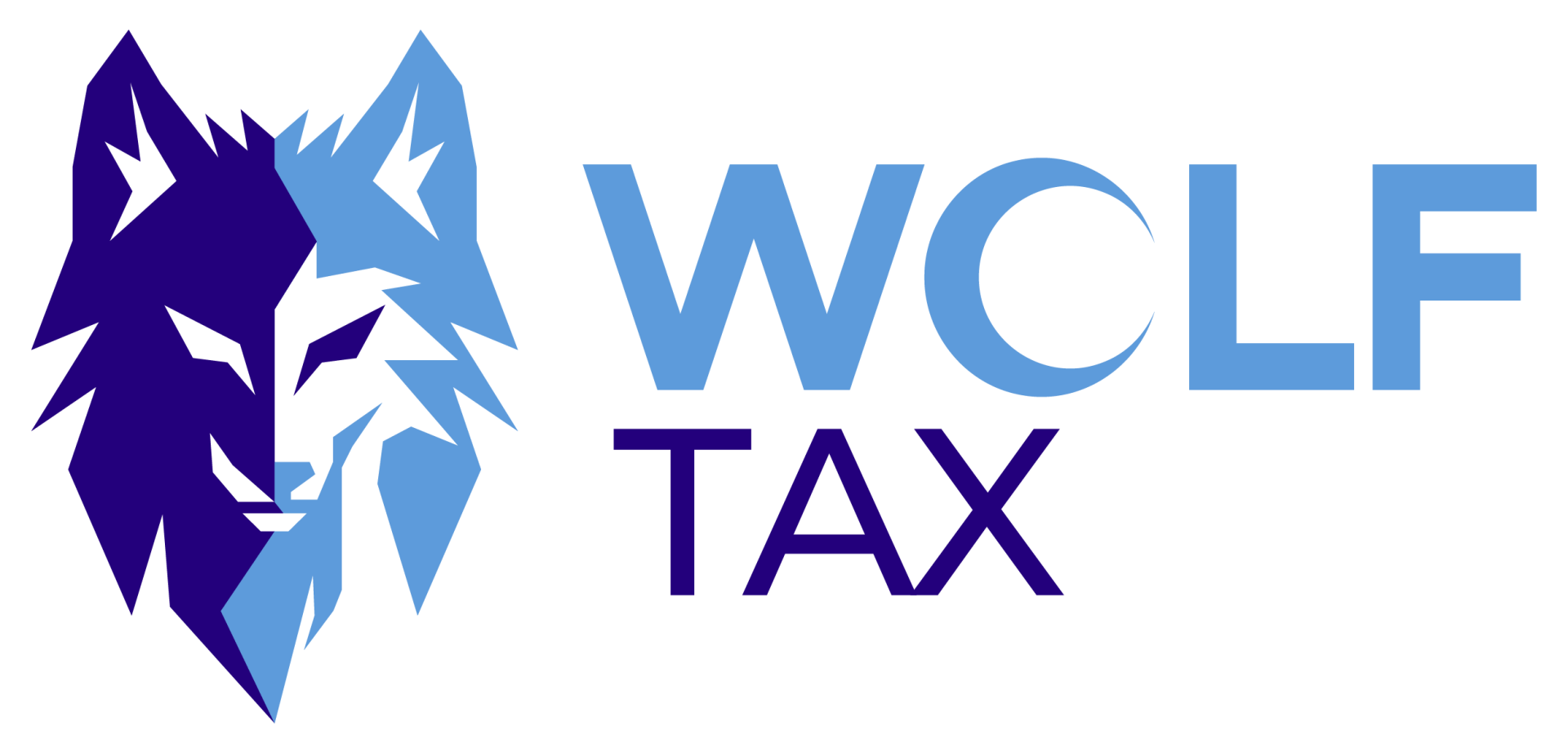How to Avoid IRS Levies
Every year, millions of Americans experience federal tax liens and levies. If you’re facing this unpleasant situation, you can avoid IRS collection actions by arranging to pay your unpaid balances or using collection alternatives such as using a tax professional - like Wolf Tax!
To satisfy unpaid taxes, the IRS can issue a levy to take a taxpayer’s income and assets. The process follows several steps. First, the IRS is required by law to provide the taxpayer with:
- Notice and demand for payment
- Notice of intent to levy
- Notice of a right to a Collection Due Process hearing
- For most taxpayers, the IRS accomplishes these requirements by sending five letters, starting about six weeks after the taxpayer files a return. The five letters are often referred to as the automated collection “notice stream” (notice numbers CP14, CP501, CP503, CP504, and L1058/LT11). If the taxpayer receives the last notice and doesn’t pay the balance or make other arrangements to pay the balance, the IRS can levy the taxpayer’s income and assets, including garnishing wages and/or self-employment income and seizing funds in bank accounts.
If you know you owe a tax balance (meaning the IRS didn’t make a mistake, you filed the return correctly, and the balance can’t be reduced by filing an amendment), there is one way to avoid a levy, and it’s the same way to remove the levy: Get into an agreement with the IRS to pay the balance. This means you’ll need to analyze your financial situation and ability to pay the IRS. In some cases, you may need to get help from a tax professional.
One simple, common solution is an extension of time to pay the balance in full. Extensions allow you up to 120 days to pay the balance and avoid a levy.
If you can’t pay with an extension, you can request an installment agreement to make monthly payments, or you can request currently not collectible status, which officially classifies you as temporarily unable to pay. Requests for both of these agreements will suspend levy actions. Once the installment agreement is accepted, the IRS will not issue a levy unless you default on the agreement. If the IRS places you in currently not collectible status, your assets won’t be levied; however, be aware that the IRS can remove the currently not collectible status in the future if the IRS determines that you can pay the tax balance.
The IRS offer in compromise (OIC) is a collection alternative that settles a taxpayer’s tax debt for less than the amount owed, and it also suspends levy actions. However, OIC acceptance is rare because most taxpayers with unpaid balances don’t qualify. If the IRS rejects your offer, you’ll need to set up an alternative agreement to avoid a levy.
It’s important to note that if the IRS determines that you are purposely delaying the collection process, the IRS can use liens and/or levies even while it considers your request for a collection alternative. This often happens when a taxpayer has multiple tax years with an unpaid balance or has requested numerous collection agreements that the IRS has denied.
If you owe federal taxes and haven’t paid, a federal tax lien arises for the amount owed. This gives the IRS a legal claim to your property. A Notice of Federal Tax Lien may be filed at your local courthouse and is available as public record. A recorded federal tax lien establishes the government’s right of priority against third parties (to protect its interests).
The IRS could formally file a Notice of Federal Tax Lien when the IRS meets its legal requirement to send you a notice and demand for payment and doesn’t receive payment within 10 days. In practice, the IRS waits to record most tax liens until after the IRS sends all five notices in the notice stream and doesn’t receive payment.
Taxpayers often want to avoid a Notice of Federal Tax Lien because it can reduce their credit score by an average of 100 points, according to the IRS Taxpayer Advocate. Liens can also affect a taxpayer’s ability to attract new business clients, secure and maintain credit, and obtain employment. Because a Notice of Federal Tax Lien is public record, taxpayers often want to avoid the potential harm to their reputation, as well.
Avoiding a tax lien filing can be more complicated than avoiding a levy. The IRS can file a tax lien even if you’re in an agreement to pay the IRS. IRS business rules dictate that a tax lien won’t be filed if you owe less than $10,000. However, the IRS reserves the right to file a lien to protect its interests. For example, the IRS might file a lien in the case of a pending bankruptcy or if the IRS thinks you are dissipating assets to avoid payment.
If you owe more than $10,000, you can still avoid a federal tax lien filing. Even if you can’t pay the tax immediately, the most effective ways to avoid a federal tax lien filing are to request an extension of time to pay of up to 120 days or to enter into a streamlined installment agreement to pay the full balance.
Streamlined installment agreements require you to pay the full balance within six years or before the collection statute of limitations expires, whichever is sooner. If your unpaid balance is less than $50,000, or if you can pay the balance to less than $50,000 before establishing a streamlined installment agreement, you can avoid a tax lien filing. For individual taxpayers, if your unpaid balance is between $25,000 and $50,000, the IRS will not file a tax lien if you allow the IRS to take installment agreement payments directly from a bank account or wages.
With an understanding of IRS rules for liens and levies, you can avoid these unpleasant occurrences. The golden rule: Be proactive in securing an agreement with the IRS that will avoid liens and levies.
If you’ve read this far, you may be even more confused. And that’s why companies like ours exist, to take the burden of understanding all of this off of your shoulders and leave the resolution to us. Even the most schooled in the ways of finances, taxes and the IRS need a Wolf by their side.
February 5, 2020





